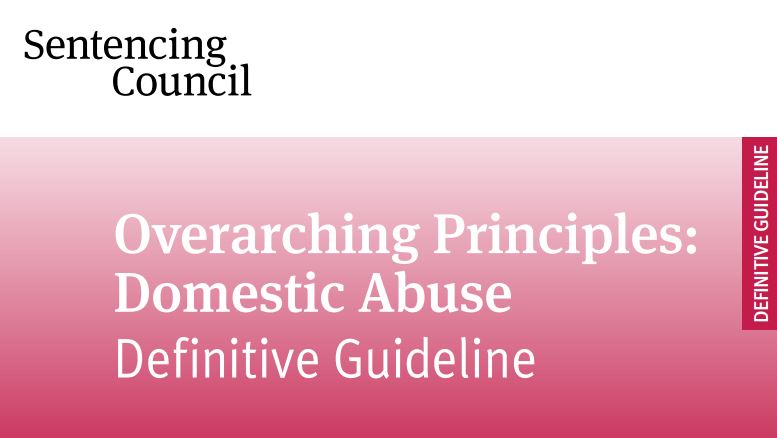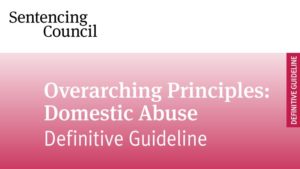On Monday 21 January 2019 the government unveiled new domestic abuse legislation. This represents its new strategy to tackle domestic abuse. This follows a consultation exercise carried out last year which drew over 3,000 responses.
The measures within the new domestic abuse legislation are:
- Introducing the first ever statutory government definition of domestic abuse, which will include economic abuse
- Establishing the office of the Domestic Abuse Commissioner and setting out the Commissioner’s functions and powers
- Providing for a new Domestic Abuse Protection Notice and Domestic Abuse Protection Order
- Prohibiting perpetrators of abuse from directly cross-examining their victims in person in the family courts, and also giving the court discretion to prevent cross-examination in person where it would diminish the quality of the witness’ evidence or cause the witness significant distress
- Creating a statutory presumption that complainants of an offence involving behaviour which amounts to domestic abuse are eligible for special measures in the criminal courts
- Enabling domestic abuse offenders to be subject to polygraph testing as a condition of their licence following their release from custody
- Placing the guidance supporting the Domestic Violence Disclosure Scheme on a statutory footing
- Ensuring that where a local authority, for reasons connected with domestic abuse, grants a new secure tenancy to a social tenant who had or has a secure lifetime or assured tenancy (other than an assured shorthold tenancy) this must be a secure lifetime tenancy, and
- Supporting ratification of the Council of Europe Convention on preventing and combating violence against women and domestic violence (the Istanbul Convention), by extending the extraterritorial jurisdiction of the criminal courts in England and Wales to further violent and sexual offences.
What will be the effect of the new domestic abuse legislation?
While we will have to await the passage of the bill through parliament to see the final package, one thing of particular note to us as criminal lawyers is the proposal to create a Domestic Abuse Protection Notice and Domestic Abuse Protection Order.
This will be based on the existing regime for criminal behaviour orders (formerly known as ASBOs). Breach of these orders will carry imprisonment of up to 5 years.
While the existing legislative provisions could be used in the context of domestic violence, they rarely are. What we have seen over the years is the specific tailoring of the framework to meet particular problems (in terrorism and trafficking for example).
We can, therefore, expect the effect of these orders to impact quickly, resulting in stiff prison sentences for those who breach them. The government estimates that hundreds more offenders may face imprisonment each year.
We do however foresee some real problems. Domestic abuse is a particularly complex societal problem. Relationships are often problematic and rocky. It is possible that breach will be used as a ‘weapon’ against many defendants. It will, therefore, be imperative to ensure that recipients of these orders understand the severe impacts and consequences that will follow. It will also be essential to ensure that orders are only made in appropriate cases.
As a firm, we closely monitor all legislative developments and will keep you updated as the new domestic abuse legislation progresses through parliament.
Contact an expert criminal defence solicitor
Cases of alleged domestic violence are important and sensitive cases to deal with. Our specialist lawyers can advise you on whether you have a defence, and help you put that defence forward, advising on prospects of success and navigating a successful path through the long and stressful court process.
As a result, if you are arrested or know that the police wish to speak to you about any criminal offence, including those alleging domestic abuse, then make sure you insist on your right to free and independent legal advice.
The advantages of such early legal advice can be found here.
If you have already been interviewed or face court proceedings we can still make a real difference to the outcome of your case. Legal aid may well be available to fund your defence at court.
You can find your nearest office here.

Alternatively you can use the contact form below:
Contact


